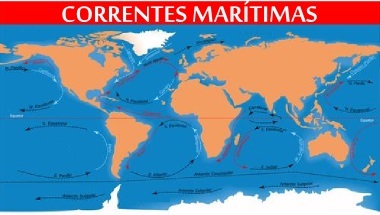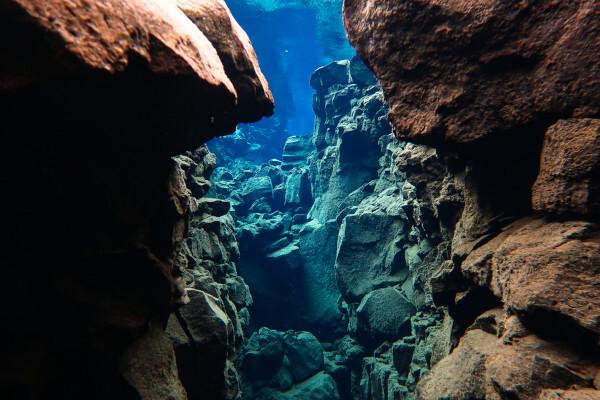Every year is the same thing. Whenever the calendar points towards the end of the year, we have to, from a specific date, advance our clocks by one hour. this is our DST.
But what is summer time for? When was it created?
Daylight saving time was invented long ago, in the year 1784, by Benjamin Franklin, who at the time had this idea of changing the time to save the candles that were used to light houses and streets. But it was in World War I (1914-1918) that this timetable was most definitely adopted, both by Germany and England, later spreading throughout Europe and in countless others countries.
The idea is simple: when we move the clocks forward, the days take longer to get dark, causing we spend less electricity with the light bulbs, that is, we make more use of sunlight for our activities. In the case of Brazil, we move the clock forward by one hour, but there are countries that move the clock forward by two hours and others that reduce the time, depending on what is most convenient for the country.
And why is daylight saving time only adopted at certain times of the year?
To answer this question, we first need to understand the meaning of a somewhat “strange” word: o solstice.
The Earth, during its translation movement (around the Sun), receives different levels of illumination throughout the year, because its axis is tilted. Thus, at some times of the year, the Earth's southern hemisphere has longer nights and shorter days.winter solstices. Likewise, at other times, the days get longer and the nights shorter, with a greater exposure of our hemisphere to the sun, are the summer solstices, which are presented in a more defined way more or less from December 21st, when the summer season begins.
Note the following diagram:

Southern hemisphere summer solstice scheme
For this reason, around November, when the summer solstice starts to become more evident, the clocks are advanced by an hour to make even more use of this “extra time” of sunlight, saving energy at the end of the day, when consumption is usually bigger.
By Rodolfo Alves Pena
Graduated in Geography



